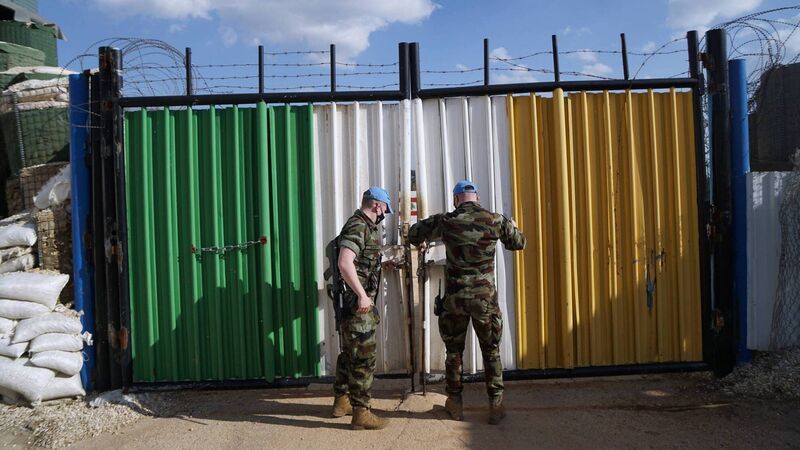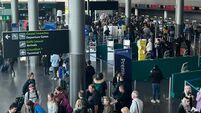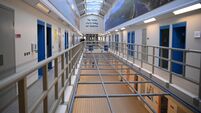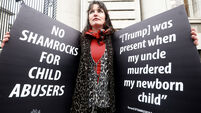Colin Sheridan: The end of Unifil is the end of Ireland’s innocence in peacekeeping

Irish peacekeepers at Camp Shamrock. For Ireland, Unifil became the Defence Forces’ longest-running overseas mission. File picture: Hannah McCarthy
In 1978, when the United Nations Interim Force in Lebanon (Unifil) was first established, the word “interim” suggested something short-lived, a temporary sticking plaster to allow the blood of conflict in southern Lebanon to clot.
Forty-six years later, the bandage and the wound have become one.
















